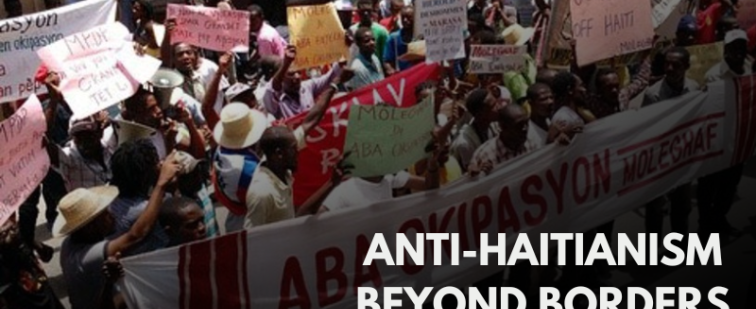Home
Mexico, Bewildered and Contested
May 24, 2011
Last week, President Felipe Calderón spent two days in Ciudad Juárez, ostensibly to commemorate the hundredth anniversary of the signing of Treaty of Ciudad Juárez, the pact that transferred power from the dictatorship of Porfirio Díaz to the provisional Revolutionary government of Francisco Madero. Harking back to the city’s glory days, Calderón called Juárez a “heroic city,” and presided over a parade of 700 soldiers and a huge amount of sophisticated military equipment (and a contingent of university students dressed as Pancho Villa’s cavalry).
Mexico, Bewildered and Contested
May 17, 2011
Last week’s massive National March for Peace with Justice and Security called for, among other things, the naming of the killers and the dead: the active investigation of all murders, disappearances, kidnappings, clandestine graves and person trafficking, along with the publication of the names of the victims and the “material and intellectual authors” of these crimes.
Rebel Currents
May 13, 2011
The feature film “También La Lluvia” (“Even the Rain”) has been giving U.S. movie audiences a taste of the popular struggle against water privatization that took place in Cochabamba, Bolivia in April 2000.
Drawing parallels between the exploitation of indigenous people—and their organized resistance—in colonial, neoliberal, and contemporary times, the film was shot on location in Cochabamba and features 3,000 extras drawn from the city’s poor southern hillside neighborhoods who were actual protagonists in the Water War. The main indigenous character (played by an actor/ filmmaker from El Alto) is partially modeled on Oscar Olivera, a leader of the water revolt.












